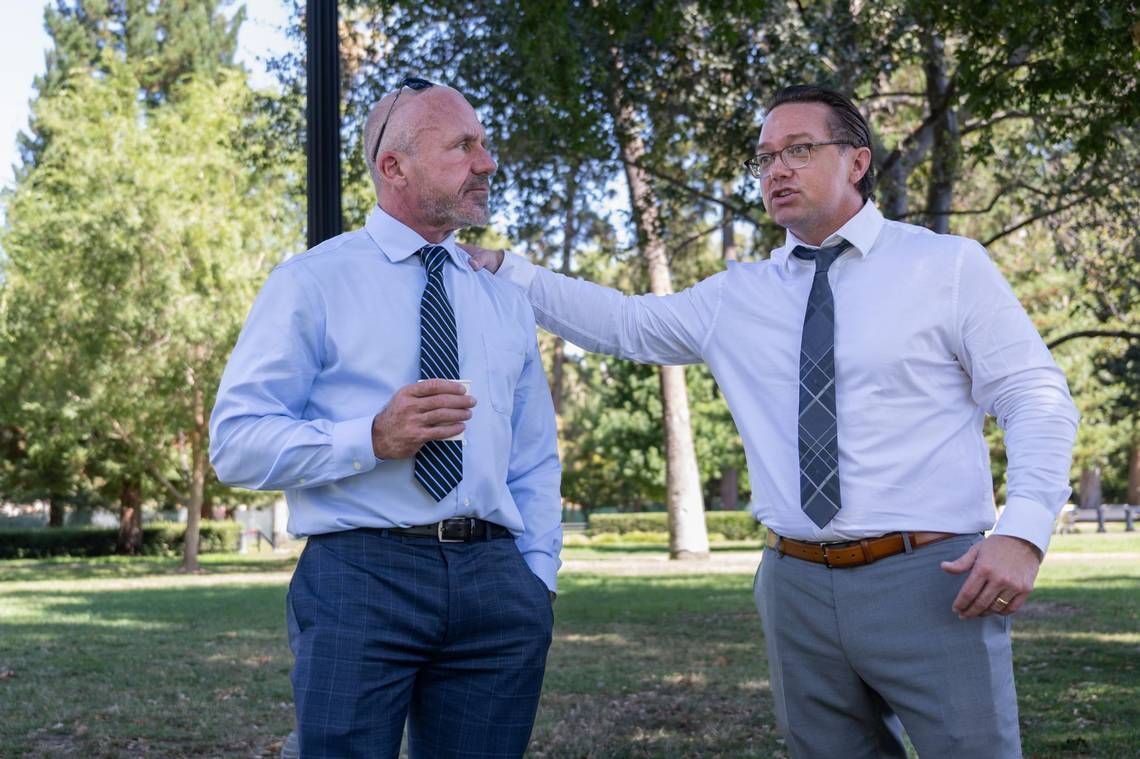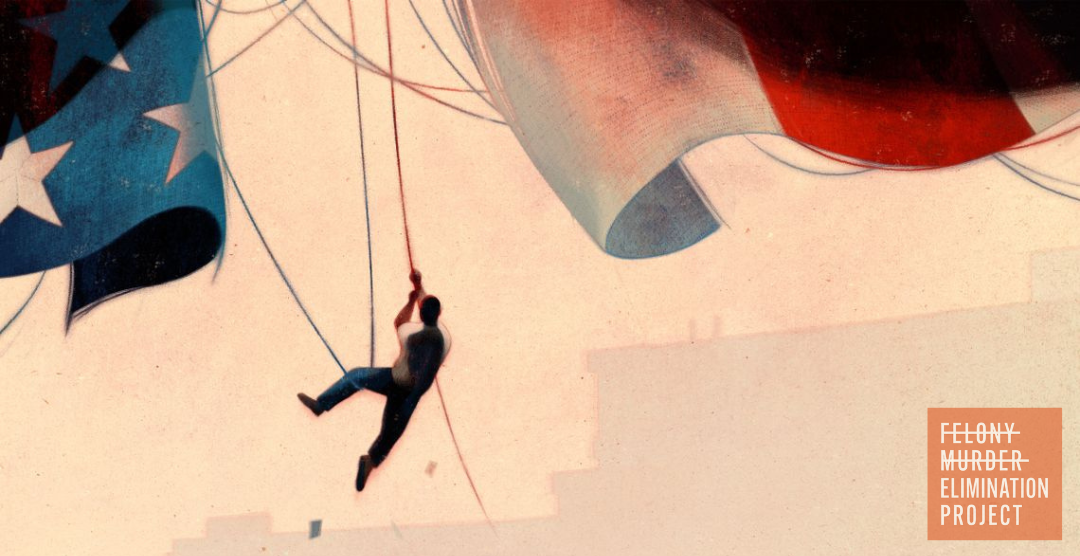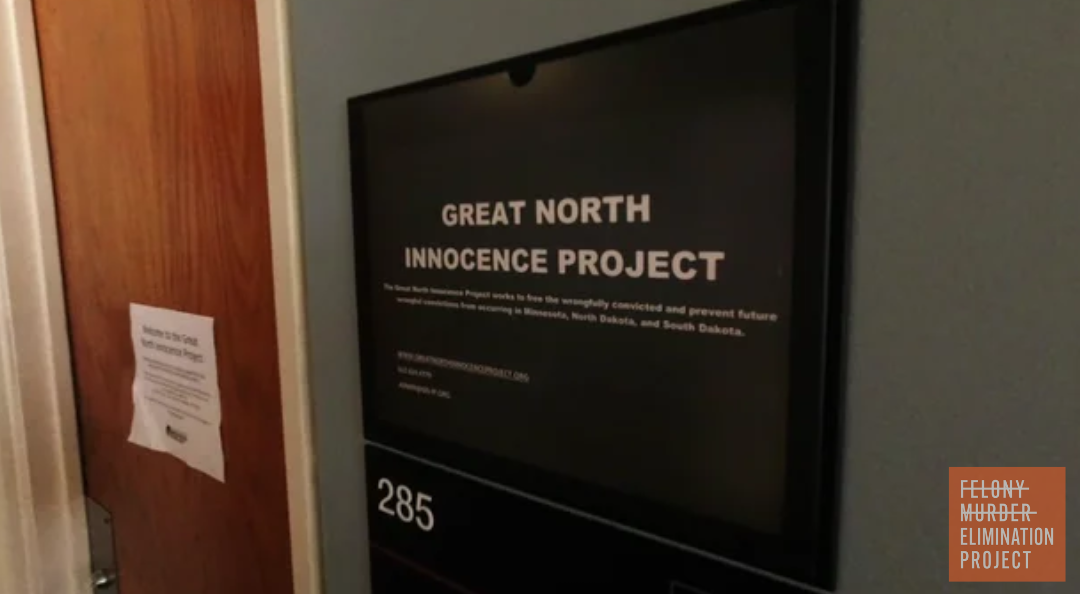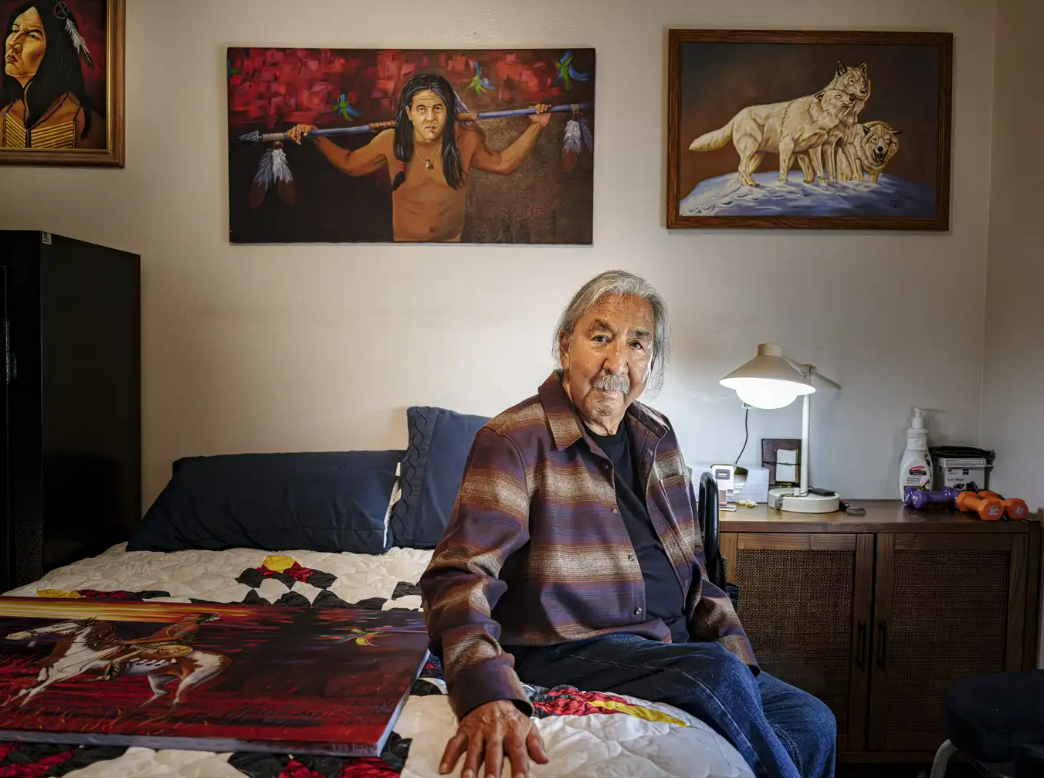Sacramento Bee Features Senate Bill 94
"So for the people that's doing the work and ready - and there's a lot of people that are - I want them to have a chance."

The following feature, "Thousands of California inmates are sentenced to die in prison. Should some get to seek parole?" appeared last week in the Sacramento Bee, highlighting Senate Bill 94, a legislative priority for the Felony Murder Elimination project and the Drop LWOP coalition.
SB 94, authored by Senate Senator Dave Cortese (D15), is a modest reform that allows judges to give a fresh look at sentences that are at least 25 years old. SB 94 follows a clear three-step path of rigorous evaluation: judicial discretion, the Board of Parole Hearings, and the Governor's review. At every step of the way, the bill's focus is on public safety. SB 94 also restores hope, even for those who may never be paroled. It will provide incarcerated people with an incentive to participate in work programs and to work towards rehabilitation and redemption.
Exercpts from the feature are below.
*****
John Johnson and Christian Branscombe entered prison in the 1990s thinking they would never get out.
As young men, the two were convicted of murders and sentenced to life without the possibility of parole. During their decades behind bars, they were able to meet and build relationships with the people they harmed.
And both eventually received the exceedingly rare opportunity to have their sentences changed and appear before a parole board.
Now Johnson, 54, and Branscombe, 48, believe other California inmates set to die in prison deserve a similar chance. They are lobbying for Senate Bill 94, which would allow some life-without-parole-prisoners who committed crimes before June 5, 1990, to petition a judge for lesser sentences.
Under the bill, eligible inmates must have served at least 25 years in prison. Judges who grant inmates’ petitions would change their sentences to 25 years to life, opening up the possibility of parole.
Those who are resentenced would not automatically get out of prison. They would have the opportunity to make their cases before a parole board, which could deny them release.
The bill exempts those convicted of killing law enforcement officers, those who committed certain sexual crimes together with murder and those who killed three or more people.
“People will probably perceive it as a get-out-of-jail-free card,” Johnson said. “But it’s not that. If you’re not doing the work, and you’re not getting ready to really re-enter society, then you’re not going to get it. So for the people that’s doing the work and ready — and there’s a lot of people that are — I want them to have a chance.”
Bill author Sen. Dave Cortese, D-San Jose, and criminal justice reform advocates say some eligible prisoners received harsh sentences under a system that may look at their crimes differently today. They say inmates have worked hard to change themselves and atone for their crimes, and they no longer belong in prison.
“If there’s one of those, or two, or four out of 500, then I think we have a compelling reason to create a due process path for them,” Cortese said. “That allows them to make their case. And then it’s up to judges, parole boards and the governor, ultimately, to make a decision.”
As a 19-year-old, Christian Branscombe shot two people during a 1994 robbery in Sacramento, killing one of them. He also received a life without parole sentence. Over time, he dedicated himself to recovering from a drug addiction, leading a prison art program and training rescue dogs.
After more than 20 years in prison, Branscombe was able to meet with Gunner Johnson — who survived after being shot during the robbery — through a CNN show called “The Redemption Project.”
Branscombe and Johnson engaged in hours of emotional conversation. After Brown commuted Branscombe’s sentence in 2018, Johnson spoke on his behalf at his parole hearing. Following Branscombe’s release in August 2019, the two became friends. Johnson even served as best man at Branscombe’s wedding.
Branscombe now lives in the Los Angeles area and has a life coaching consulting business. Johnson works with a program at Sacramento State called Project Rebound, which helps previously incarcerated people who want to be California State University students. He also helps with a horticultural therapy program for prisoners.
“I get to see remarkable human beings inside that have so much to offer society, and many of them were sentenced to die in prison,” Johnson said. “And it’s heartbreaking. There’s people that have made that choice to become better people without the hope of ever getting out.”
*****
SB 94 passed the California Assembly Appropriations Committee on September 1st and now heads toward the full Assembly floor.
You can read the full feature "Thousands of California inmates are sentenced to die in prison. Should some get to seek parole?" on the Sacramento Bee website.










